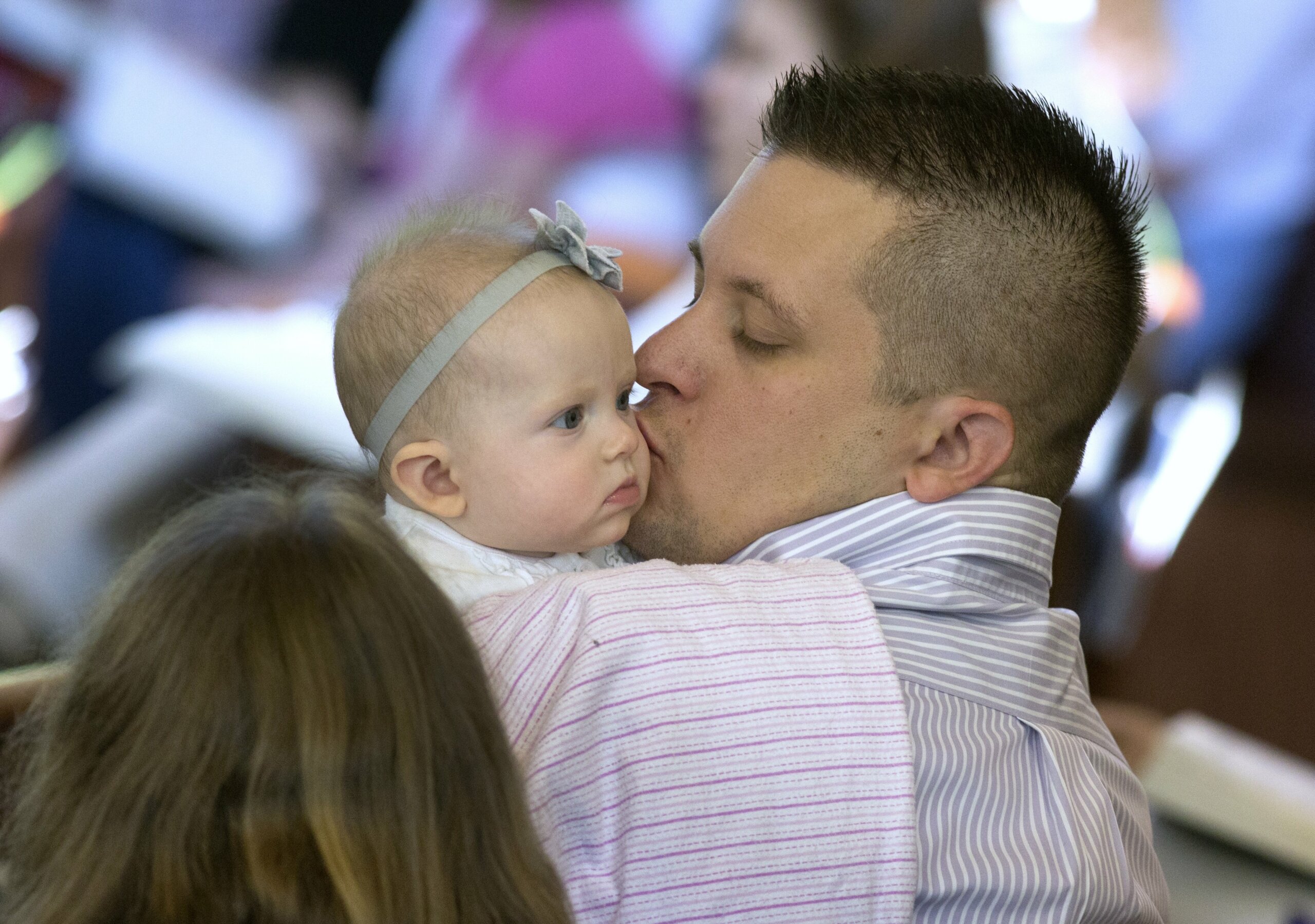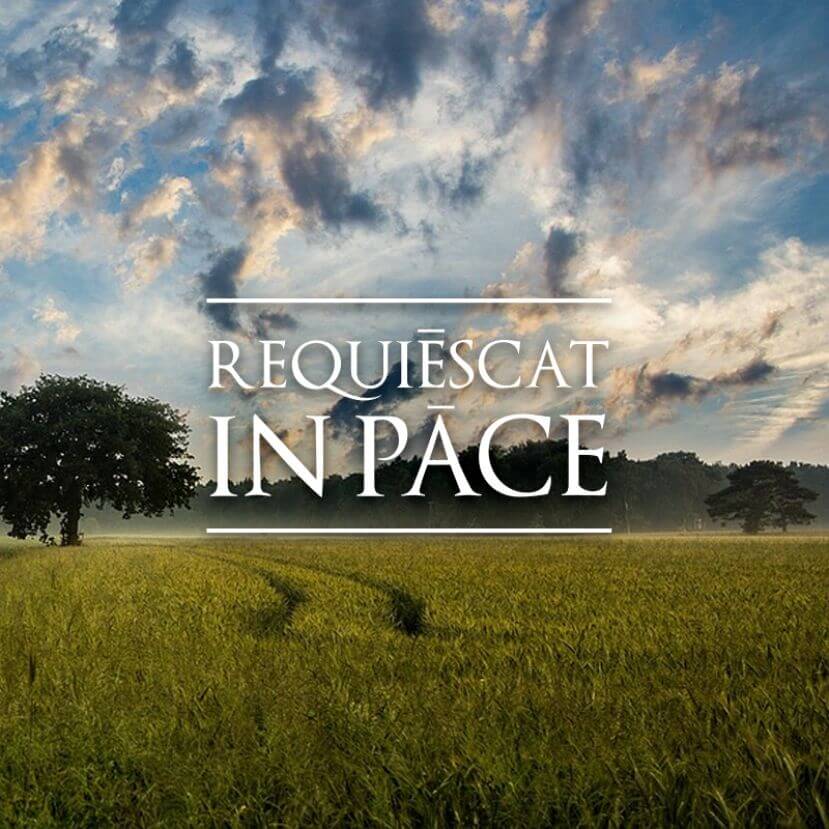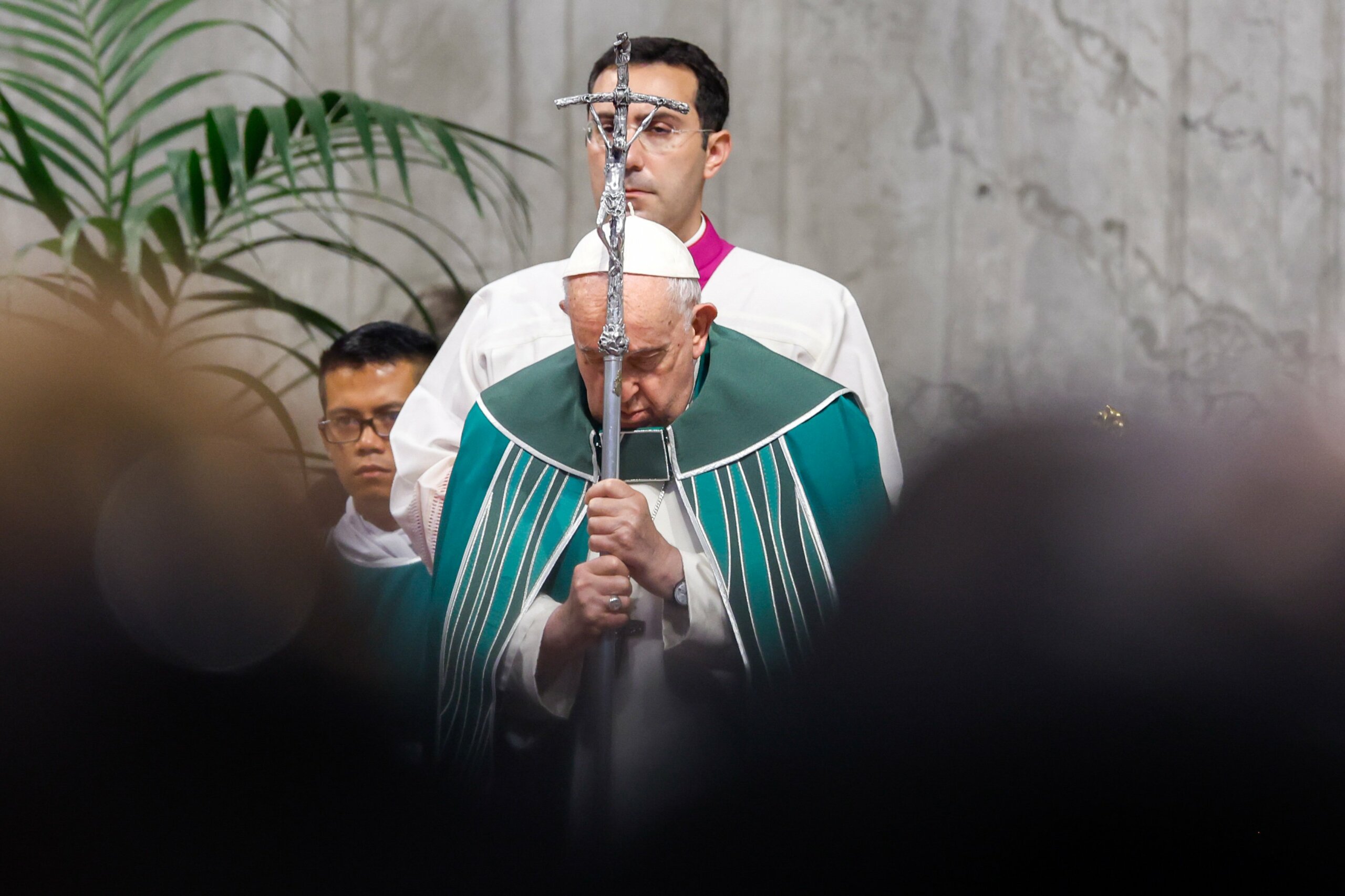
“How the Saints Shaped History.” By Randall Petrides. Indiana: Our Sunday Visitor, 2023. 376 pages. Paperback: $27.95; Kindle: $20.99; E-book: $20.99.
Perhaps the most important idea to take away from lawyer-turned-Catholic-writer Randall Petrides’ book, “How the Saints Shaped History,” is this assertion: “These are troubled times,” he begins after outlining the many and grave challenges the 21st century Catholic Church faces. “Today’s Catholic has good reason to feel deep concern.”
That, however, is not the end of the story, which this book emphasizes. “With these challenges in mind,” he continues, “we can turn to the Church’s history – where we will find that we have every reason for hope.”
The Church, as the reader will see, has, in Petrides’ words, “been in trouble more than she has not, and the present crises are not necessarily her worst.” In every age, God has raised up men and women – the saints — who point the way home and who, by cooperating with God’s grace, help us to travel that way as well. “Thus, in the midst of today’s challenges,” Petrides says, “we can rest assured that the gates of hell will not prevail against the Church.”
Because this book is based in history, Petrides’ presentation of the saints is a bit different from other “lives of the saints.” Often, he points out, such books are arranged either alphabetically, or by feast day or patronage. Because they are not presented within the flow of history, we can often miss the circumstances which shaped these men and women as they responded to the grace of God to their times. Consequently, what the reader will find in the initial pages of this book is a particularly well done timeline of secular and sacred history, within which the various saints’ lives occur.
I want to point to the layout and graphics of these pages in particular, as they are inviting and easy to read – something that can be referred time and time again.
Because we meet more than 180 saints in roughly 340 pages of text, none of them is explored in exhaustive detail. For that, Petrides has included a recommended reading list at the end of the book that allows readers to dive more deeply into the lives of individuals if they wish. However, the reader is nonetheless treated to a comprehensive look at not only the history of humankind since the birth of Jesus, but also at the intervention of God in that history by way of those we call saints.
Such an undertaking could be overwhelming, but another positive feature of Petrides’ work is the length of his chapters. Each is about five to five and a half pages, just enough to cover the material at hand without being too much to take in at once. His background as an attorney is evident in the clarity of his prose; while certainly not “legalese,” it is exact and to the point. When giving his opinions – particularly concerning the situations facing the modern Church – he gives reasons for what he states. Whether or not one agrees with his assessments, they are well argued.
Another interesting feature is that he includes questions for reflection and discussion at the end of the book. This is definitely intended to be a work that is not merely read and put on the shelf, but one that will engender meaningful conversations between both Catholics and those who observe the Catholic Church.
At the end of the book, Petrides emphasizes that the story of the saints does not end with those who have been formally canonized; it is a state to which we too are called. “We all share in the making of history,” he concludes. “No soul, no event is too small for the kingdom of God – even if our lives remain unknown to posterity. God gives us our own place, our own role, in salvation history. Like all the saints, we are called to holiness.”
Author bio:
Randall Petrides is a Catholic writer and a retired attorney. He spent 38 years as a trial lawyer and administrator in the Genesee County Prosecutor’s Office. Upon retirement in 2017, He transitioned into Catholic theology and writing with an emphasis on Church history and saints. His first book is “How the Saints Shaped History.” He and his wife have been married for 43 years and are members of Holy Family Catholic Church in Grand Blanc, Michigan.





